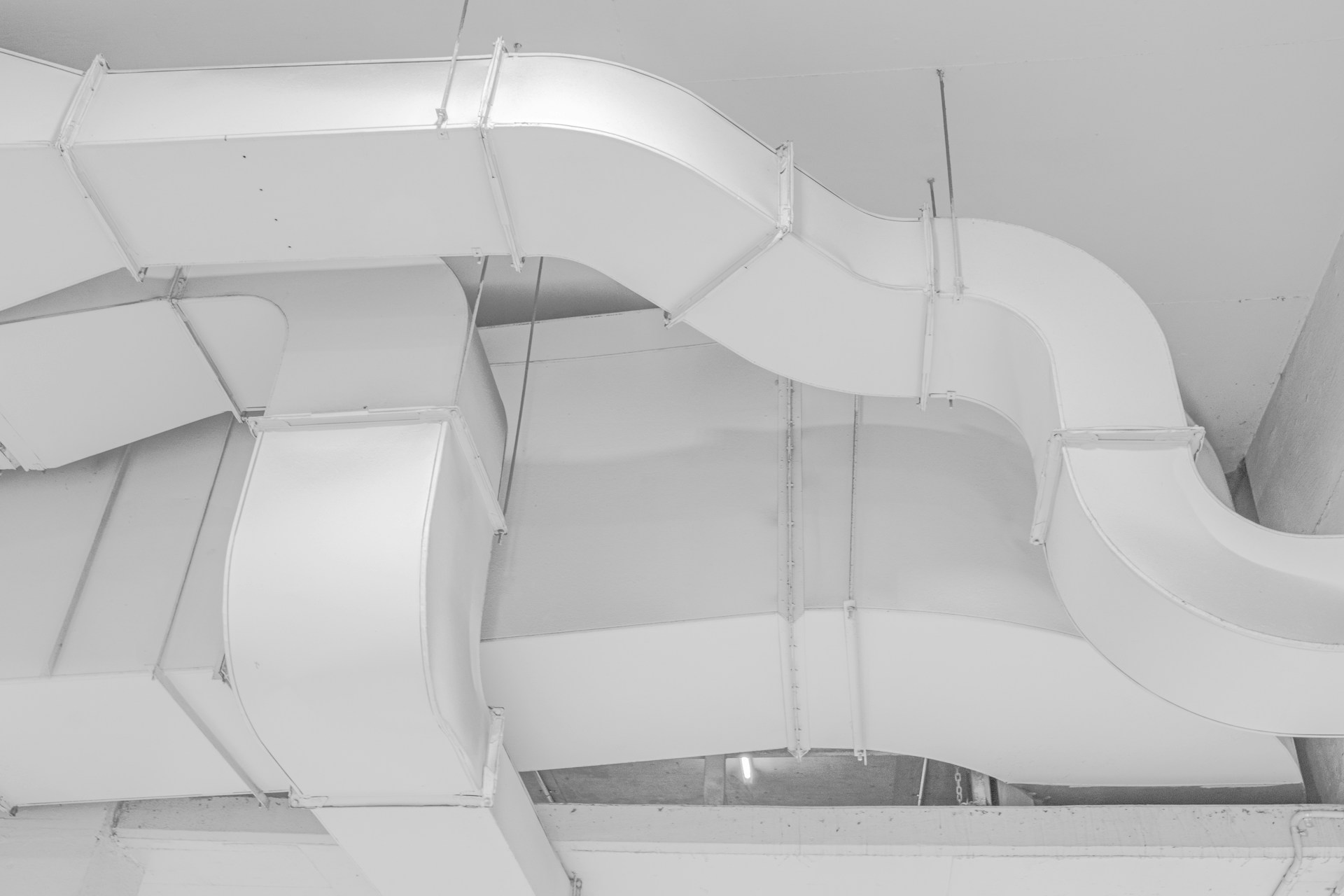Discover the fundamentals of refrigeration systems and acquire essential skills in our Refrigeration Course. Designed for aspiring HVAC technicians, maintenance professionals, and refrigeration engineers, this course provides comprehensive training in refrigeration principles, system components, troubleshooting techniques, and maintenance practices. Learn how to install, repair, and maintain refrigeration equipment used in commercial, industrial, and residential settings. Whether you’re starting a career in refrigeration or seeking to enhance your technical expertise, this course offers hands-on learning and practical knowledge to excel in the field.
Module 1: Introduction to Refrigeration
- Overview of Refrigeration
- History and development of refrigeration
- Importance and applications of refrigeration
- Basic refrigeration cycle
- Fundamental Principles of Thermodynamics
- Basic thermodynamic concepts (temperature, pressure, heat)
- Laws of thermodynamics
- Heat transfer mechanisms (conduction, convection, radiation)
- Refrigeration Terminology and Concepts
- Key terms (saturation, superheat, subcooling)
- Refrigerants and their properties
- Environmental impact and regulations (CFCs, HCFCs, HFCs)
Module 2: Basic Refrigeration Systems and Components
- Refrigeration Cycle Components
- Compressors (types, operation, maintenance)
- Condensers (air-cooled, water-cooled)
- Expansion devices (TXV, capillary tube)
- Evaporators (types, operation, maintenance)
- Refrigeration System Types
- Domestic refrigeration systems
- Commercial refrigeration systems
- Industrial refrigeration systems
- Installation and Basic Maintenance
- System installation basics
- Charging and recovering refrigerant
- Basic troubleshooting and maintenance practices
Module 3: Intermediate Refrigeration Concepts
- Advanced Thermodynamics and Psychrometrics
- Detailed analysis of refrigeration cycles (Carnot, vapor-compression)
- Understanding psychrometric charts
- Humidity control in refrigeration systems
- Refrigerant Management
- Refrigerant selection criteria
- Refrigerant handling and safety
- Alternatives and future trends in refrigerants (natural refrigerants, low-GWP options)
- Electrical Systems in Refrigeration
- Basic electrical concepts (Ohm’s law, circuits)
- Electrical components in refrigeration systems (motors, relays, switches)
- Electrical troubleshooting and safety practices
Module 4: Advanced Refrigeration Systems
- Large-Scale and Industrial Refrigeration Systems
- Design and operation of large-scale systems
- Ammonia refrigeration systems
- CO2 refrigeration systems
- Specialized Refrigeration Applications
- Refrigeration in food processing and storage
- HVAC systems and air conditioning
- Cryogenics and ultra-low temperature applications
- System Efficiency and Optimization
- Energy efficiency in refrigeration systems
- Advanced controls and automation
- Retrofits and upgrades for improved performance
Module 5: Troubleshooting and Advanced Maintenance
- Advanced Troubleshooting Techniques
- Systematic troubleshooting approaches
- Common issues and their solutions (compressor failures, refrigerant leaks)
- Using diagnostic tools and equipment
- Predictive and Preventive Maintenance
- Importance of maintenance planning
- Techniques for predictive maintenance (vibration analysis, thermography)
- Implementing a preventive maintenance program
- Health and Safety in Refrigeration
- Safety regulations and standards (OSHA, EPA)
- Personal protective equipment (PPE)
- Safe work practices and emergency response
Module 6: Professional Development and Certification Preparation
- Industry Standards and Certifications
- Overview of relevant standards (ASHRAE, ISO)
- Preparing for professional certifications (EPA Section 608, NATE)
- Continuing education and professional development
- Emerging Trends and Technologies
- Advances in refrigeration technology (smart systems, IoT)
- Sustainable practices and green technologies
- Future challenges and opportunities in refrigeration
- Capstone Project and Course Review
- Capstone project: Designing a refrigeration system for a specific application
- Course review and key takeaways
- Q&A and preparation for final assessment
Assessment and Certification
- Regular quizzes and assignments after each module
- Mid-course project (e.g., designing a basic refrigeration system)
- Final project presentation (e.g., comprehensive design and optimization of a refrigeration system)
- Certification of completion
This curriculum provides a structured and progressive approach to mastering refrigeration systems, ensuring that students develop a solid foundation and advance to expert-level knowledge and skills in various aspects of refrigeration technology and applications.




